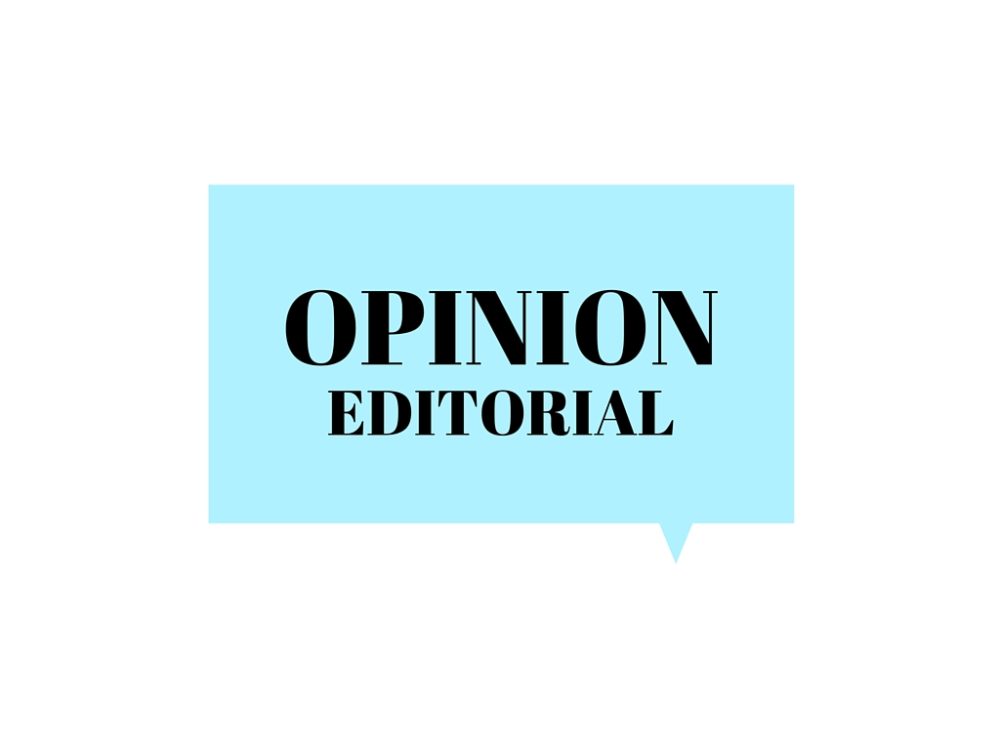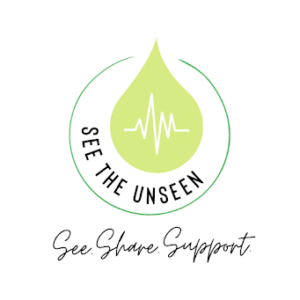By Madison Hughes
Efficiency—this word, this concept, is arguably one of the greatest goals of today’s educational systems.
Students must learn as efficiently as possible by teachers who teach as efficiently as possible so that they can graduate into a society in which they are prepared to be efficient, orderly and productive citizens. This logic, then, sets the stage for the discussion of the precarious position of the arts in the context of modern education.
As school districts experience crippling budget cuts, the first programs to go are almost always the arts. We are, after all, in the digital age, so why should schools attempt to save their liberal arts programs when instead they can focus their endeavors on STEM-related classes?
In this increasingly virtual era where the future of the workforce lies in revolutionary technology, students and schools have no reason to waste valuable time and resources learning and teaching dance, music, or art. Right?
Wrong.
To allow a student to complete his or her education without a heavy dose of the arts is to saddle them with a severe handicap. Individuals who have not delved into the arts operate at a distinct disadvantage, as studies show that students of the arts have startlingly higher exam scores, graduation rates and overall levels of achievement than their peers.
A lack of exposure to the arts may even impact a person’s basic intellectual and interpersonal skills, as one article states that “musical training, particularly instrumental training, produces long lasting changes in motor abilities and brain structure… These changes last into adulthood and are proven to affect the ability to listen and communicate as an adult.”
In addition to measurable statistics, the arts also have a profound impact on a student’s creativity and problem-solving skills. Individuals who have received extensive instruction in the arts are noticeably more developed in these areas, which proves quite significant, according to some, as “85 percent of surveyed business executives indicated that they are currently having difficulty recruiting individuals who possess creative ability with demand for creative people expected to grow as firms pursue innovation.”
This is a symptom of a much larger issue: America’s current educational system is lagging behind its industrial demands.
In the past, a worker needed to be quick, efficient and amenable to following orders and procedures without question—traits that lent themselves well to the industrial revolution and factory work. However, modern business and innovation demands an employee who is self-directed, innovative and adaptable – the very qualities that are being systematically squashed due to the removal of liberal arts programs from our schools.
Without the very traits acquired from this type of education, there would be no advances—no novelty. Some of the inventions that have had the greatest impact on the modern era, such as the computer and the entire concept of the Internet, would never have come about if their creators had not been able to use the type of thinking developed by the arts.
This realization lends us a warning that the modern education, devoid of the arts, is quite possibly producing en masse the type of individual who is incapable of pioneering the very sort of innovations that our current society so heavily depends on.
As much as some may like to argue otherwise, the arts and the sciences are inextricably intertwined. To create a deficit in one area is to handicap the other.
If today’s educators wish to prepare their students for the modern work environment and for the rapidly advancing technological age, they must recognize the value of the arts. Only then will we be able to equip students to thrive in and actively contribute to our modern world.
Madison Hughes is a senior at Oklahoma Christian University.
The opinions of guest columnists are their own and do not necessarily reflect the opinions of the Talon or Oklahoma Christian University. Guest opinions are presented to foster public debate on important topics and comments should be respectful and signed.














Be First to Comment